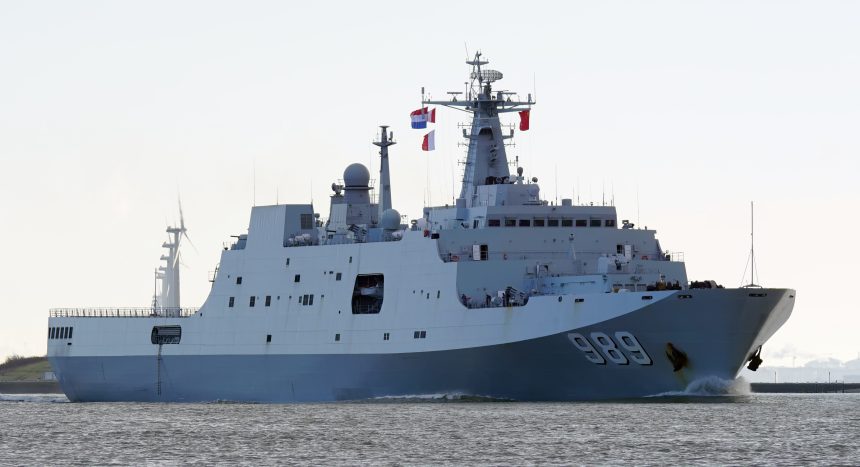Diplomatic Flashpoint in the Red Sea
On July 8, 2025, Germany summoned China’s ambassador in Berlin after a Chinese naval warship reportedly used a laser against a German reconnaissance aircraft over the Red Sea, officials confirmed. The aircraft, part of the EU’s Aspides mission guarding shipping routes, was conducting a routine patrol before being struck without warning.
Military Operation Interrupted
The German Defence Ministry said the laser “endangered personnel and material,” leading to an immediate abortion of the mission. Fortunately, the aircraft landed safely in Djibouti, and no crew members were injured. However, the incident prompted a temporary halt of operations before surveillance flights resumed.
What Germany Had to Say
Germany called the act “entirely unacceptable,” accusing China of disrupting international security efforts and putting lives at risk. The aircraft—a civilian-operated Multi-Sensor Platform (MSP) with military staff aboard—plays a critical role in EU monitoring operations in a tense maritime zone.
Context: Rising Aviation Incidents
This is not the first time China has been accused of laser targeting aircraft. In 2020, similar claims arose against Chinese warships pointing lasers at U.S. patrol planes, which Beijing denied. Germany’s confrontation marks one of the first such complaints from a European NATO ally.
Broader Security & Tech Concerns
The incident adds urgency to EU debates over China’s influence on technology and security infrastructure. Laser targeting can impair pilot vision or electronic systems, highlighting growing tensions between EU and Chinese military activities in distant waters.
What Happens Next
- Germany’s foreign ministry will await China’s response, controlling diplomatic pathways for next steps.
- EU allies are expected to monitor the situation closely; further incidents could trigger coordinated diplomatic or military responses.
- Surveillance missions in the Red Sea will likely adopt new safety protocols and conduct risk assessments.
Final Word
Germany’s rare diplomatic move against China underscores the increasing friction over military conduct in international waters. As EU surveillance efforts in the volatile Red Sea region continue, both sides now face heightened scrutiny—while the risk of miscalculation remains high.











